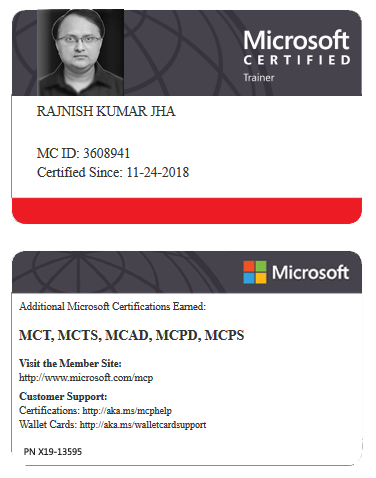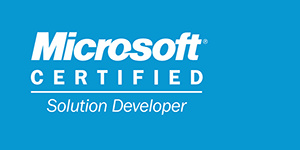Learn how to integrate code quality tools in DevOps: NDepend, Resharper Code Quality Analysis
Integrating NDepend and ReSharper Code Quality Analysis into your development workflow enhances code quality, detects potential issues early, and improves overall maintainability. Both tools provide deep insights into code structure, complexity, and adherence to best practices.
Let’s explore how to integrate these tools effectively.
1. NDepend Integration
Overview:
NDepend is a powerful static code analysis tool designed for .NET and C# projects. It helps in identifying code smells, maintaining code quality, and reducing technical debt.
Features:
Provides detailed code metrics (complexity, dependencies, etc.).
Visualizes code structures with dependency graphs.
Integrates into Visual Studio and Azure DevOps pipelines.
Steps to Integrate NDepend:
Installation: Install NDepend in Visual Studio or as a standalone tool.
Configuration: Set up analysis rules for metrics like code coverage, cyclomatic complexity, and maintainability.
Running Analysis: Use NDepend to analyze the code and generate detailed reports within Visual Studio or Azure DevOps.
Integration with Azure DevOps:
Automate NDepend scans as part of CI/CD pipelines by using Azure DevOps tasks or extensions.
Generate and review NDepend reports within Azure DevOps Boards for tracking and improving code quality.
2. ReSharper Code Quality Analysis
Overview:
ReSharper is a powerful plugin for Visual Studio that helps maintain high code quality through static analysis, refactoring, and code generation.
Features:
Detects code smells, syntax errors, and refactorings.
Supports various languages like C#, VB.NET, ASP.NET, etc.
Provides code metrics and code inspections.
Steps to Integrate ReSharper:
Installation: Install ReSharper as a Visual Studio extension.
Configuration: Enable code quality inspections for your projects, focusing on best practices and common issues.
Running Code Quality Analysis: Perform code analysis during development and review results in Visual Studio.
Integration with Azure DevOps:
Integrate ReSharper into Azure DevOps pipelines to perform automated code inspections.
Use ReSharper-generated reports to provide insights into code quality directly within Azure DevOps Boards.
Benefits of NDepend and ReSharper Integration
Comprehensive Code Insights: Both tools provide deep insights into code quality, helping to maintain a clean and efficient codebase.
Automation and Continuous Improvement: Automating code quality checks reduces manual effort and ensures consistent quality across the development lifecycle.
Seamless Collaboration: By integrating NDepend and ReSharper with Azure DevOps, teams can easily collaborate and track code improvements.
Reduction of Technical Debt: Continuous analysis identifies and resolves issues that contribute to technical debt, ensuring a sustainable development process.
Challenges and Considerations
Tool Overhead: Ensuring that the tools do not slow down build processes or create bottlenecks in CI/CD pipelines.
Cost: NDepend and ReSharper have licensing costs that must be considered.
Integration Complexity: Setting up the integrations correctly with Azure DevOps requires understanding of both the tools and the DevOps environment.
Summary
Integrating NDepend and ReSharper into your development workflow enhances code quality by providing comprehensive analysis, reducing technical debt, and fostering better collaboration across teams. By automating these analyses within CI/CD pipelines, teams can maintain a high standard of code quality consistently.






















Leave a Reply